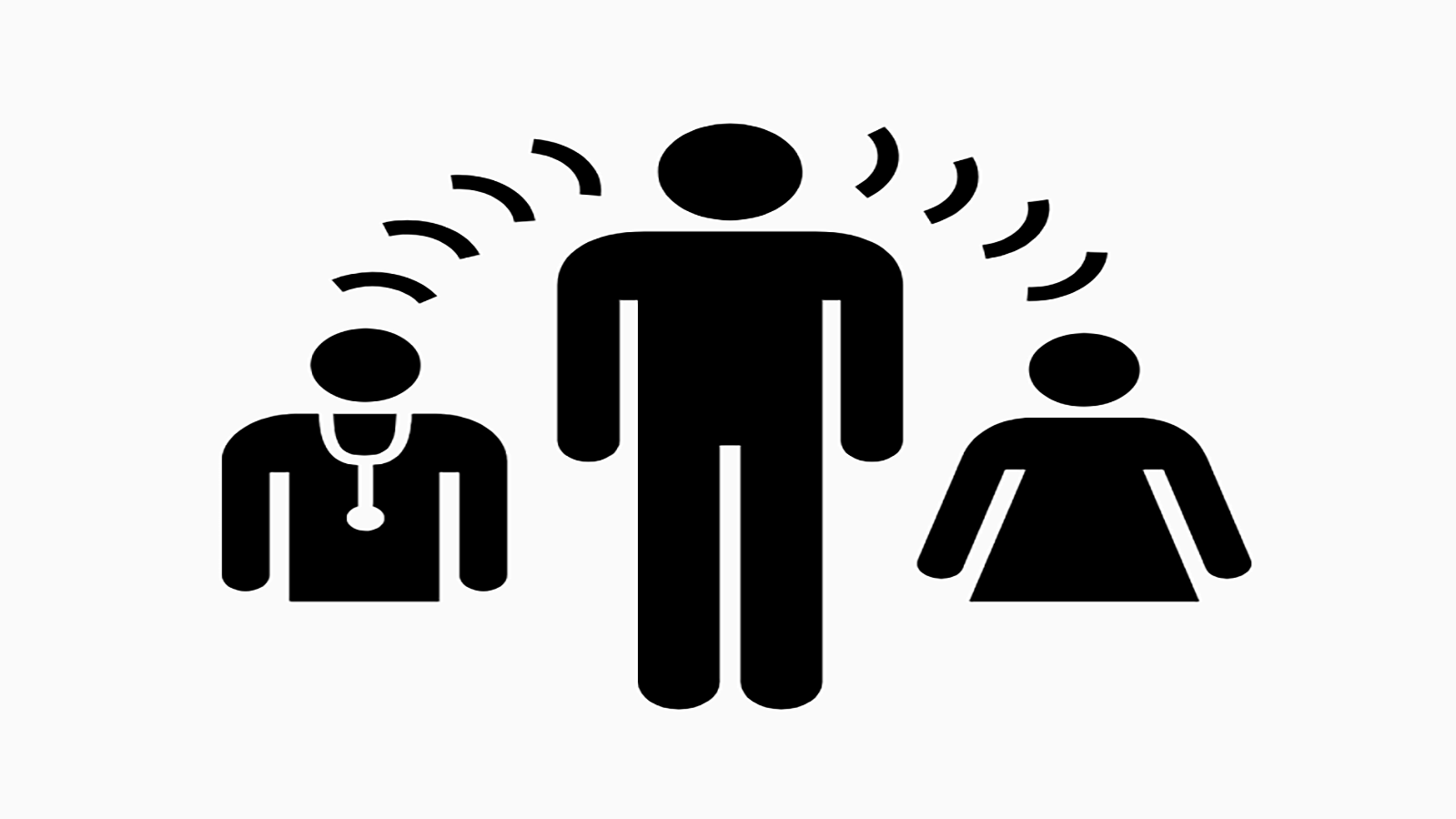At this time, The Community Interpreter (TCI): Medical Focus offered through our Center, for Languages, Literatures and Cultures has been temporarily suspended. We will update this page as more information comes available about the program.
You can find out more about preparation for national medical/healthcare interpreting certification by visiting the websites of the CCHI and NBCMI.
About The Community Interpreter Medical Focus Training
Participants will:
- Know how to perform professional interpreting protocols and skills for medical interpreting.
- Be able to adhere to professional ethics and standards of practice for medical interpreters.
- Understand the profession of community interpreting, its specializations, and how you fit into that profession.
- Know the role and responsibilities of the community interpreter.
- Understand cultural competence and assess if, when and how to perform cultural mediation.
- Be able to perform in three modes of interpreting: consecutive, simultaneous and sight translation.
- Questions? Visit our FAQ page.
A language assessment is required before taking The Community Interpreter program.
About the Trainers
Milly Valverde, MA, is Director of Destination Medicine Global Health Care, former Director of Interpreter Services at the Ohio State University Wexner Medical Center, and 2014 National Council on Interpreting in Health Care (NCIHC) Language Access Champion. She has been interpreting most of her life, and is a TCI® certified trainer.
Diane Moyer, RN, is Director of Patient Education and Nurse Educator at The Ohio State University Wexner Medical Center. She is one of the founders of www.healthinfotranslations.org
FREQUENTLY ASKED QUESTIONS
The Community Interpreter® (TCI) is the only national training program in the U.S. for community interpreters and the leading program for medical interpreters. The program is highly interactive and skills-based, while incorporating the latest advances in the field. You can find out more information at https://www.thecommunityinterpreter.com/
Yes! Under the license agreement with TCI, in order to receive a certificate of completion you must attend all 40 hours.
Yes! Under the TCI license agreement, you must pass a neutral third-party language assessment. The language proficiency testing ensures that there is a basic level of fluency in both English and the Target Language.
The class is taught in a relaxed adult learning environment. The trainers provide light snacks and water, frequent breaks and the dress code is business casual. Jeans are appropriate. Please bring your own snacks if you have special dietary needs, and a sweater or light jacket in case the temperature of the classroom is a bit chilly. There will be a lunch break each day. During COVID protocol, this training is offered through distance learning in our Ohio State Carmen Canvas portal, and each registrant will receive personal access.
No. There is national certification for spoken language interpreters both through CCHI, as well as through NBCMI. TCI is an excellent training to help prepare you for National Certification! However, receiving a certificate of completion does not make you a “Certified” interpreter. You are considered “Qualified” if you have completed at least 40 hours of a standardized medical interpreter training and have a satisfactory neutral third-party language assessment. You may not call yourself a certified medical interpreter after this class until you have taken and passed one of the aforementioned exams.
Once your test scores are assessed, you will receive a signed pdf TCI certificate to the email you provide in registration.
TCI has been branded as a highly respected and recognized training throughout the U.S. Investing your time and resources in a well-respected and well-known training allows you to present your interpreting credentials locally and nationally with the peace of mind that your credentials will be recognized and valued. TCI is listed as one of the recommended trainings for preparation for certification through NBCMI and CCHI.
Yes! Participants in TCI come from a variety of backgrounds—from novice to professional interpreters. That is part of what makes the class so interesting! The class is taught in a way that incorporates and includes differing skill levels.

